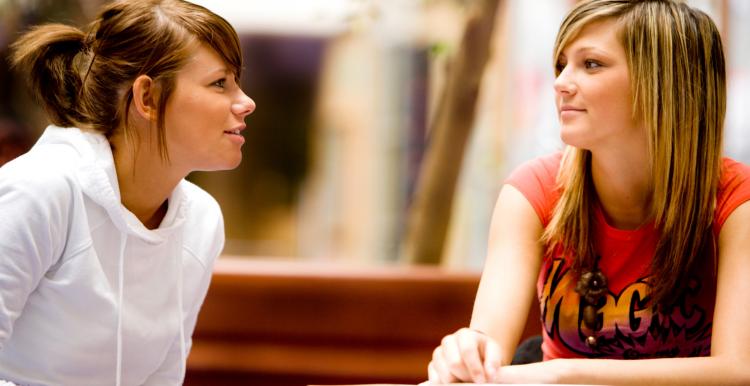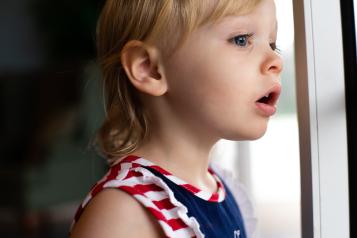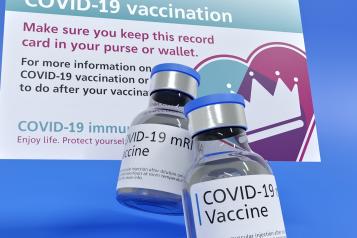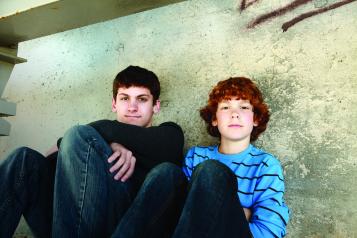COVID vaccines for 12-15 year olds: how it works

Very few healthy children and young people with COVID-19 infection go on to have severe disease. However, vaccinating children should help to reduce the need for children to have time off school and to reduce the risk of spread of COVID-19 within schools. The COVID-19 vaccination programme in secondary schools will therefore provide protection to children who are vaccinated and help to reduce disruption to face to face education this winter.
All young people aged 16 and 17 years have been offered a first dose of vaccine. Children and young people aged 12 to 17 years who are at increased risk from infection, or who are living with someone who is immunosuppressed, have also been offered 2 doses of the vaccine, 8 weeks apart.
And now all children aged 12 to 15 years are being offered a first dose of the vaccine as part of the school-based COVID-19 vaccination programme. Children who are 12 years old and over will be offered a vaccination as part of the in-school vaccination programme.
How vaccination in schools will work
Like all school-based vaccination programmes, the vaccine will be administered by the same healthcare staff who administer all other school-based vaccines (eg flu).
It's expected that the 12-15 year old vaccination programme will be delivered primarily within schools, but there might be certain areas or certain schools where this is not possible.
How parent or guardian consent will work
For those aged 12 to 15 years, consent forms will be sent home from school for the parent or guardian in the same way as for any other school vaccination programme.
Common side effects
Like all medicines, vaccines can cause side effects. Most of these are mild and short-term and not everyone gets them. The very common side effects should only last a day or 2.
Very common side effects in the first day or 2 include:
- having a painful, heavy feeling and tenderness in the arm where you had your injection
- feeling tired
- headache, aches and chills.
Children and young people may also have flu-like symptoms with episodes of shivering and shaking for a day or 2.
The NHS suggests that children should rest and take paracetamol (following the dose advice in the packaging) to help make them feel better.
Very rare serious side effects
Worldwide, there have been a small number of cases of inflammation of the heart called myocarditis or pericarditis, reported very rarely after COVID-19 vaccines. Most of these cases recovered within a few days and felt better following rest and simple treatments.
The cases have been seen mostly in younger males and mainly occurred within a few days of the second dose; myocarditis is extremely rare after the first dose of the vaccine.
You shoudl seek urgent medical advice if a child has the following symptoms in the 7 days following vaccination:
- chest pain
- shortness of breath
- feelings of having a fast-beating, fluttering, or pounding heart.


